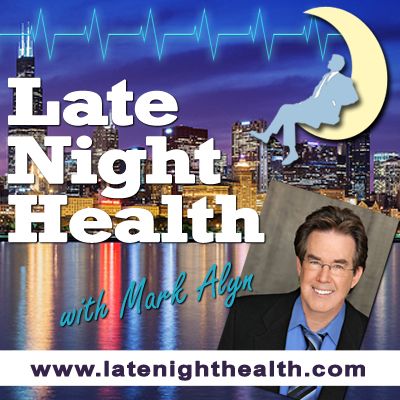Helping Veterans With Post Traumatic Stress Disorder (Part 2) - Monty Roberts 5/10/14

Feb 13, 2016 ·
6m 51s
Monty Roberts, the Horse Whisperer, talks with Mark Alyn about PTSD, Post Traumatic Stress Disorder, and how he is using horses to bridge the gap and help these brave soldiers...
show more
Monty Roberts, the Horse Whisperer, talks with Mark Alyn about PTSD, Post Traumatic Stress Disorder, and how he is using horses to bridge the gap and help these brave soldiers get whole again. Monty talks with us about helping Veterans cope with PTSD. Monty Roberts, The Horse Whisperer, talks about how and why horses help those who have been in super stressful situations, including combat. Monty, who has two Ph.ds in Behavioral Psychology, also calls the issue Post Traumatic Stress Injury.
Posttraumatic stress disorder (PTSD) is a mental illness that can develop after a person is exposed to one or more traumatic events, such as sexual assault, warfare, traffic collisions, terrorism or other threats on a person's life.[1] Symptoms include disturbing recurring flashbacks, avoidance or numbing of memories of the event, and hyperarousal, continue for more than a month after the occurrence of a traumatic event.[1]
Most people who have experienced a traumatizing event will not develop PTSD. People who experience interpersonal trauma (e.g., sexual assault, child abuse) are more likely to develop PTSD, as opposed to people who experience non-assault based trauma such as accidents, natural disasters and witnessing trauma. Children are less likely to develop PTSD after trauma than adults, especially if they are under ten years of age.
The term "post traumatic stress disorder" was coined in the early 1970s in large part due to diagnoses of US military veterans of the Vietnam War. It was officially recognized by the American Psychiatric Association in 1980 in the third edition of the Diagnostic and Statistical Manual of Mental Disorders (DSM-III). Trauma-related mental disorders have been documented since at least the 17th century, and became more commonly recognized during the World Wars under various terms including "shell shock," "combat fatigue," and "war neurosis."
show less
Posttraumatic stress disorder (PTSD) is a mental illness that can develop after a person is exposed to one or more traumatic events, such as sexual assault, warfare, traffic collisions, terrorism or other threats on a person's life.[1] Symptoms include disturbing recurring flashbacks, avoidance or numbing of memories of the event, and hyperarousal, continue for more than a month after the occurrence of a traumatic event.[1]
Most people who have experienced a traumatizing event will not develop PTSD. People who experience interpersonal trauma (e.g., sexual assault, child abuse) are more likely to develop PTSD, as opposed to people who experience non-assault based trauma such as accidents, natural disasters and witnessing trauma. Children are less likely to develop PTSD after trauma than adults, especially if they are under ten years of age.
The term "post traumatic stress disorder" was coined in the early 1970s in large part due to diagnoses of US military veterans of the Vietnam War. It was officially recognized by the American Psychiatric Association in 1980 in the third edition of the Diagnostic and Statistical Manual of Mental Disorders (DSM-III). Trauma-related mental disorders have been documented since at least the 17th century, and became more commonly recognized during the World Wars under various terms including "shell shock," "combat fatigue," and "war neurosis."
Information
| Author | Late Night Health |
| Website | - |
| Tags |
Copyright 2024 - Spreaker Inc. an iHeartMedia Company
